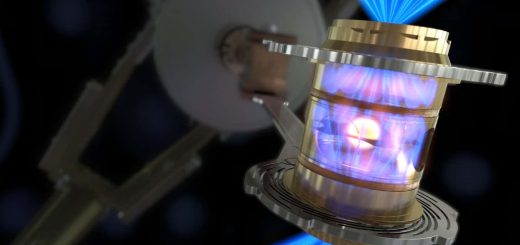Polycystic ovary syndrome may be passed on via chemical tags on DNA
Eggs and embryos from people with polycystic ovary syndrome have altered patterns of so-called epigenetic tags, which could explain how the condition is inherited
By Carissa Wong
30 June 2025
Illustration of enlarged ovaries in someone with polycystic ovary syndrome
Science Photo Library/Alamy
Polycystic ovary syndrome may be passed down through families via chemical tags that change the structure of DNA, suggesting that drugs that modify these tags in embryos could prevent the condition.
People with polycystic ovary syndrome (PCOS) have at least two of three key features: high levels of male sex hormones such as testosterone, irregular periods or none at all, and a build-up of immature eggs – that appear like cysts – on their ovaries.
Read more
A better understanding of PCOS offers fresh hope for new treatments
Advertisement
The condition often runs in families, but it isn’t clear exactly how it is inherited. “About 25 to 30 [genetic mutations] have been linked to PCOS, but that explains just a small fraction of the inheritance,” says Elisabet Stener-Victorin at the Karolinska Institute in Sweden.
Studies in mice suggest that changes in epigenetic marks – chemical tags that turn genes on and off without altering DNA sequences – may also play a role. It is thought most such marks are erased when eggs form, but some are thought to remain, a potential form of inheritance.
To see if this occurs in connection with PCOS in humans, Qianshu Zhu at Chongqing Medical University in China and his colleagues analysed epigenetic marks in eggs and 3-day-old embryos donated by 133 people with PCOS and 95 without the condition. “No one has really done it in this way in human material,” says Stener-Victorin.


